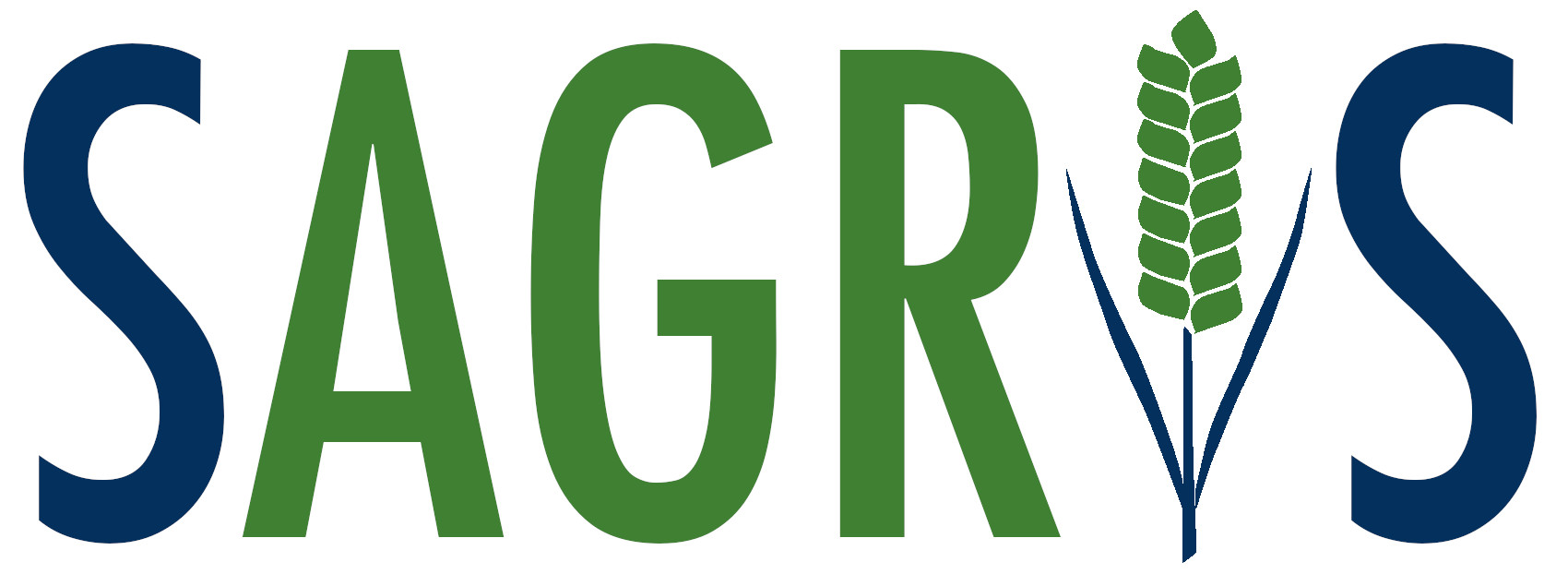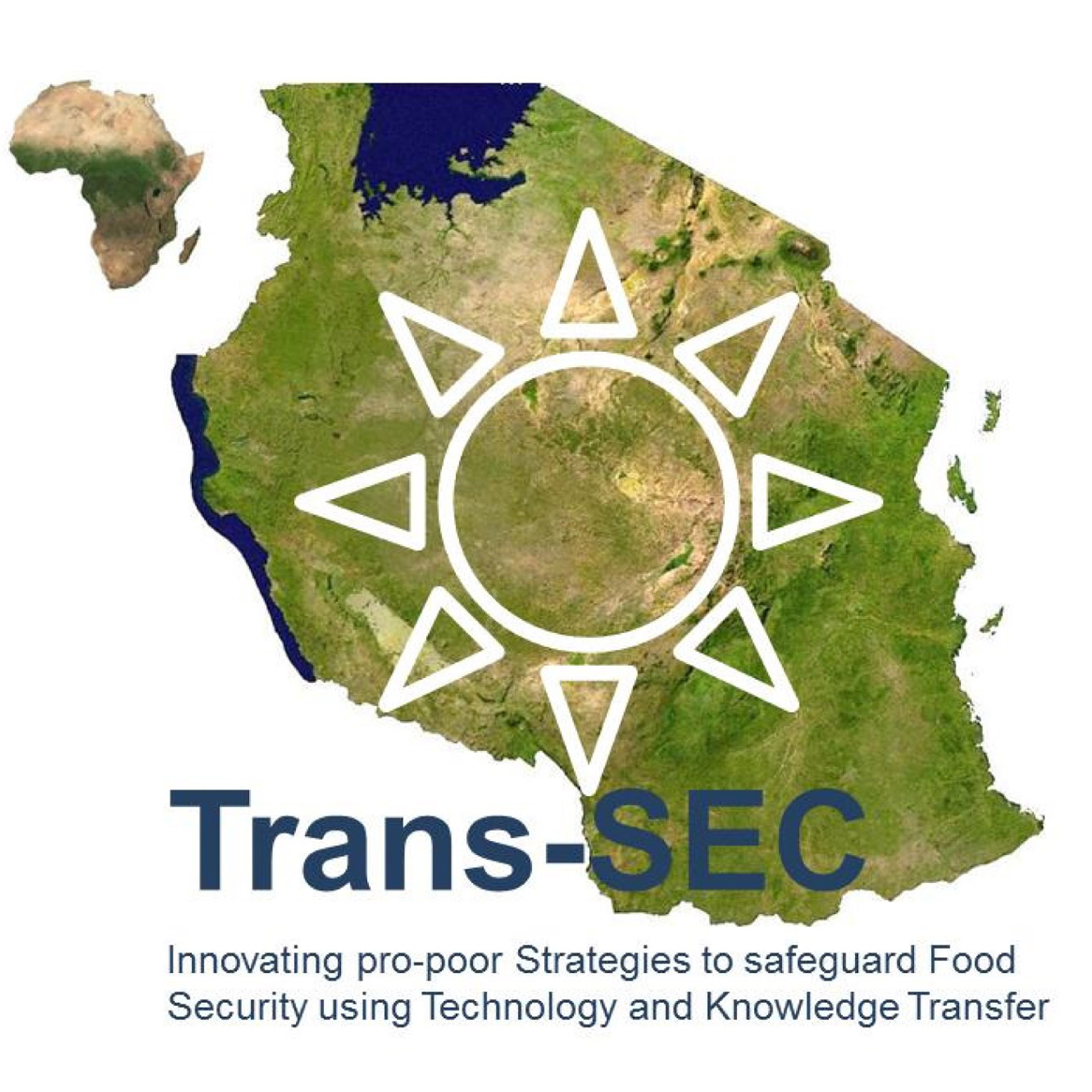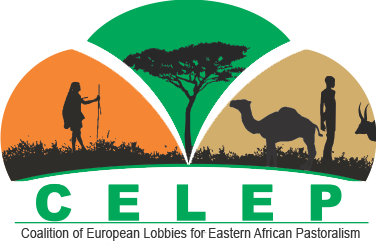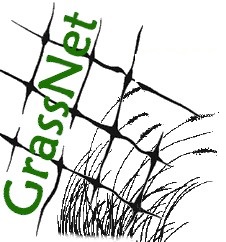Transcripts
Preparatory meeting
Founding meeting
SAGRIS - Enhancement of Postgraduate Studies on Sustainable Agriculture and Future Farming Systems
DITSL is involved in the EU-funded Kazakhstan-Russia-Germany partnering SAGRIS project “Enhancement of Postgraduate Studies on Sustainable Agriculture and Future Farming Systems” and has the lead in developing a PhD Module 4 on “Transdisciplinary research methods for sustainable agriculture”, as well as contributes to the development of Module 3 „Advanced methods of scientific working“. Furthermore DITSL leads a Work Package on enhancing networking on doctoral research and education. The PhD Module 4 “Transdisciplinary research methods for sustainable agriculture“ consists of three subtopics:
- Introduction into sustainability in agriculture and food systems
- System approaches in agriculture: conceptual and theoretical foundations of socio-ecological and human activity system
- Methods in transdisciplinary research
Their development is guided by staff of DITSL and Nürtingen-Geislingen University.
Transdisciplinary research aims at solving real world problems and at increasing sustainability of social-ecological systems (people – environment systems) by integrating knowledge based on diverse epistemologies (e.g. academic – practitioner) for the purpose of better understanding and ultimately improving the sustainability of social-ecological systems (Stokols 2006). Consequently, farmers and other value chain actors are not viewed as passive receivers of knowledge, but as active inquirers. Thus, there is a shift in the approach from one of linear transfer of knowledge, to one of empowerment and emancipation based on collaborative learning (Kaufmann et al 2013). The overall aim of this module is that students learn how innovations to complex problems in agriculture and food systems can be developed together with societal stakeholders using a transdisciplinary research approach.
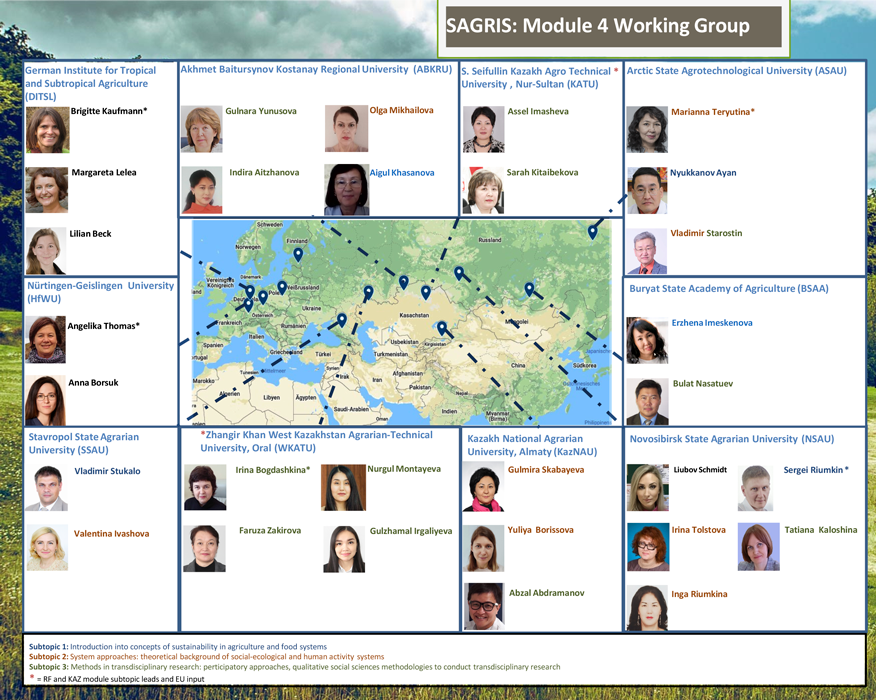
Project background
The project addresses the demand of educating doctoral students on high quality and international standards to increase knowledge based solutions for sustainable agriculture and future farming systems – a topic of national, cross regional and international relevance.
Large agricultural areas characterize the landscapes and economies of Russia and Kazakhstan. Both countries see the innovative development of this sector as a priority. EU projects with Russian and Kazakh partners like SARUD (Sustainable Agriculture and Rural Development) or SusDev (Green Skills for Sustainable Development) prove the increased interest to address global issues of sustainable agriculture. Here, various questions still have to be addressed by research, practice and communities, with regard e.g. to intensification and increased pressure on agricultural land, environmental and climate protection, biodiversity, animal welfare etc. Due to different local and regional conditions, simple and general answers are inappropriate. SAGRIS therefore aims to strengthen the capacity and attractiveness of higher educational systems for doctoral students in the field of agriculture. This reacts also to expectations Higher Education Institutions (HEIs) in Russia and Kazakhstan contribute to solutions and innovations at the interface between science, education and practice.
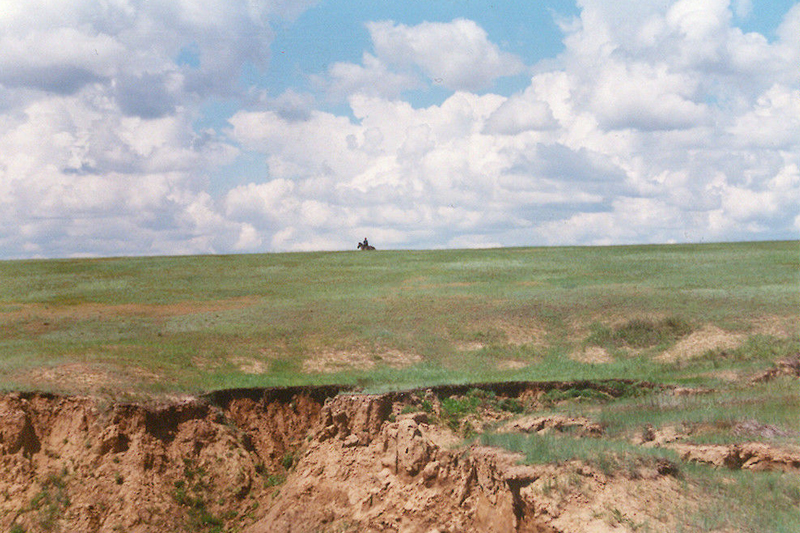 |
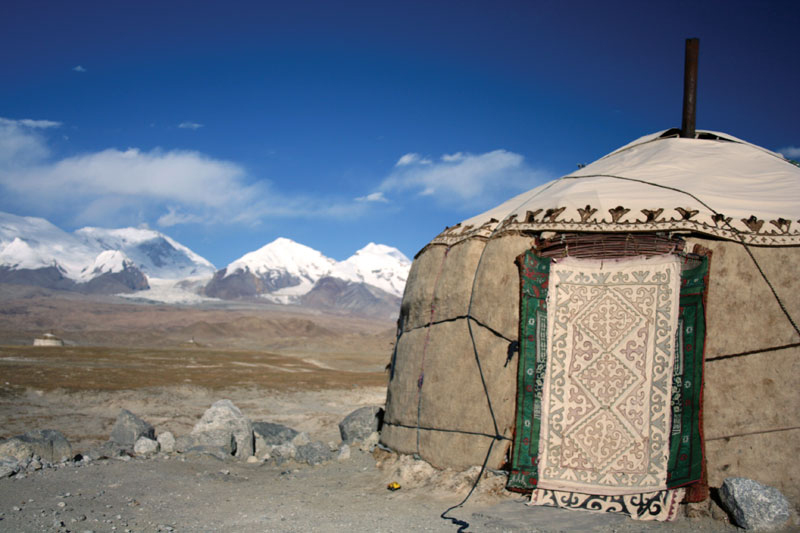 |
| Eurasia contains the world's largest contiguous rangelands, grazed by mobile pastoralists' livestock. The 21st century brings new opportunities but also challenges for Kazakh rangeland management. How the Kazakh steppes, adjacent deserts and mountains are managed has global implications for plant and animal biodiversity, carbon stocks, and at a national level for the well-being of Kazakhstan's people and the economy. The rich local knowledge underlying resilient production strategies can open alleys to sustainable management. |
Since the turn of the millennium, Russia has become the world's largest wheat exporter. At the same time the Russian "breadbasket" in the Altai region of southern Siberia is affected by severe soil erosion due to unsustainable land management and climate change effects. Transdisciplinary research is urgently needed to provide a basis for decision-making on sustainable agricultural practices. |
Project objectives
Qualifying academic professionals increases the capability for knowledge-based solutions in sustainable agriculture and for improved farming systems. Therefore, the project project objectives are:
- to develop and establish post-graduate modules to train doctoral students on inter- and trans-disciplinary contents and approaches relevant for agricultural research and innovation;
- to increase institutional capacities for doctoral education based on international standards and best-practices;
- to strengthen international and inter-regional academic exchange and research cooperation among project partners;
- to establish a network on doctoral research and education in the agricultural field targeted on the exchange of best practices with a wider audience.
Partnership
The consortium consists of 5 EU partners and 4 Russian and 4 Kazakh agricultural universities together with consultative and expert partners from accreditation, research and private business in Russia and Kazakhstan
| |
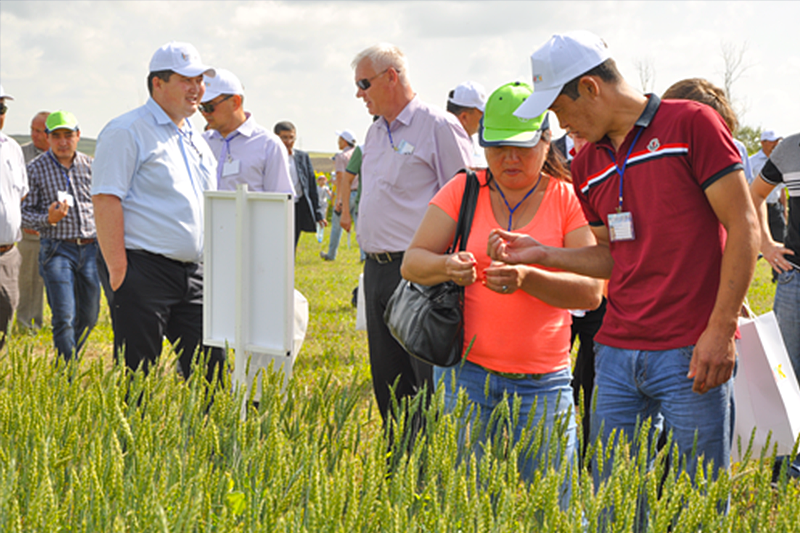 |
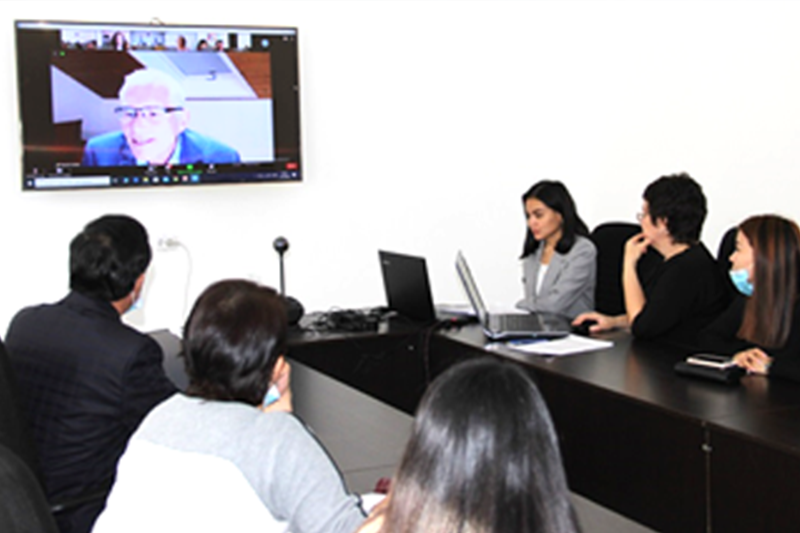 |
| Scientists from Germany, Kazakhstan and Russia are working closely together on developing the module providing the opportunity for cross-country inspirational academic exchange. Several events are conducted to organize communication, dialogue of specialists, scientists, graduate students, students and practitioners. |
 |
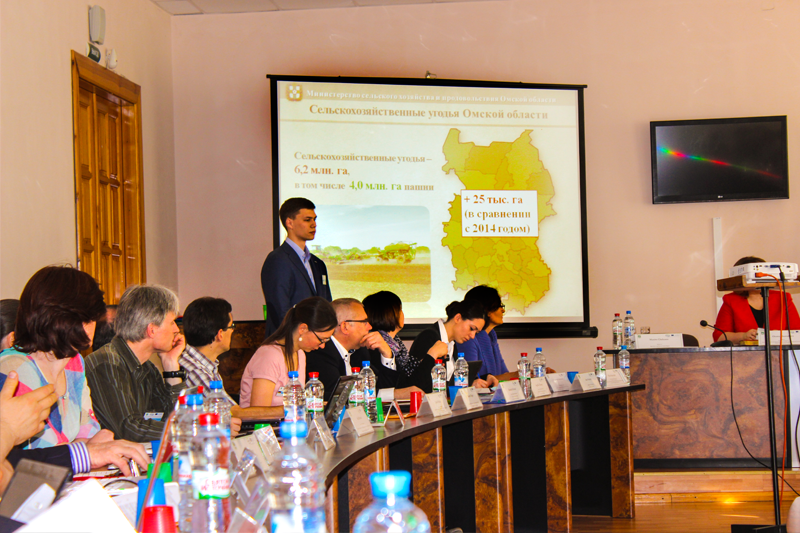 |
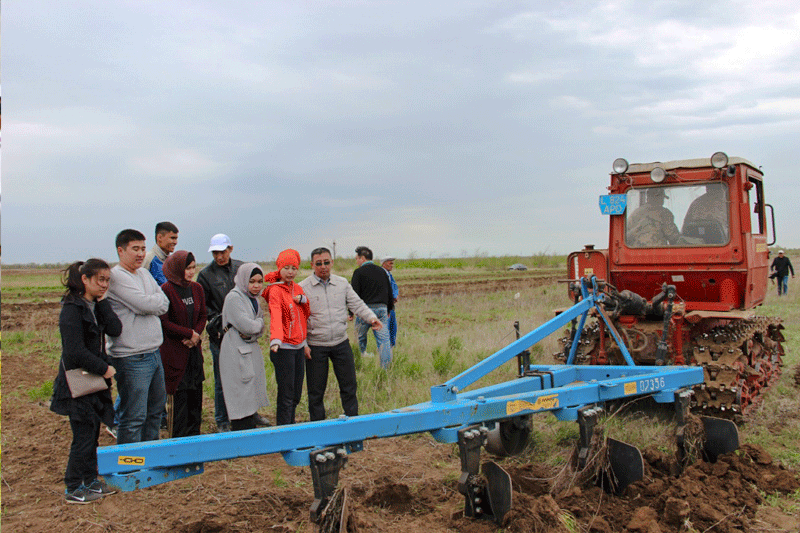 |
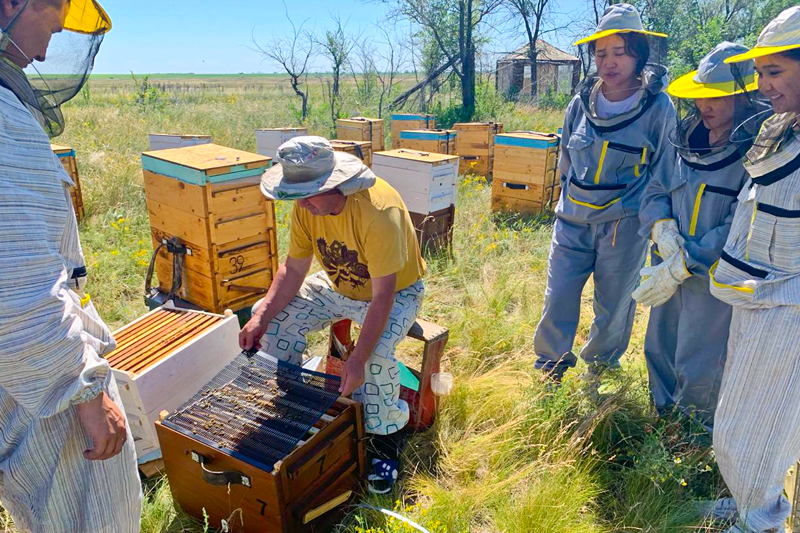 |
| The development of the module is fostering a collaborative learning approach with actors on the ground aiming to empower relevant stakeholders to solve complex real-life issues of food systems.. |
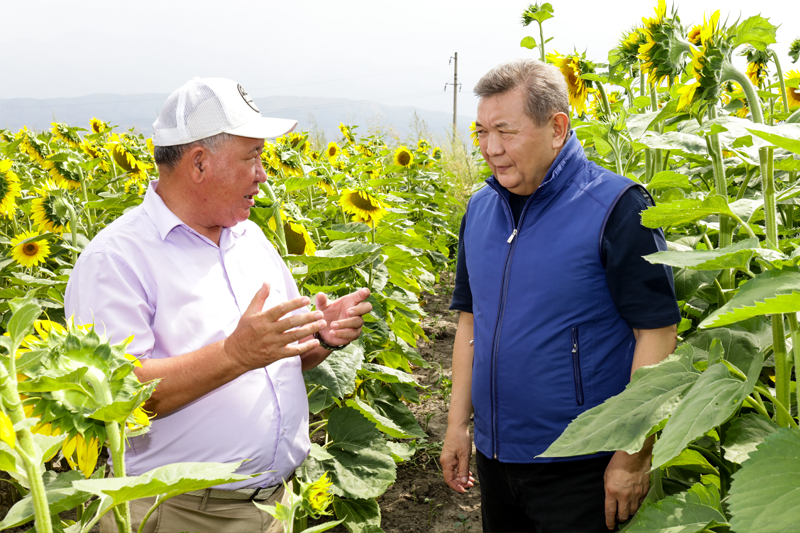 |
 |

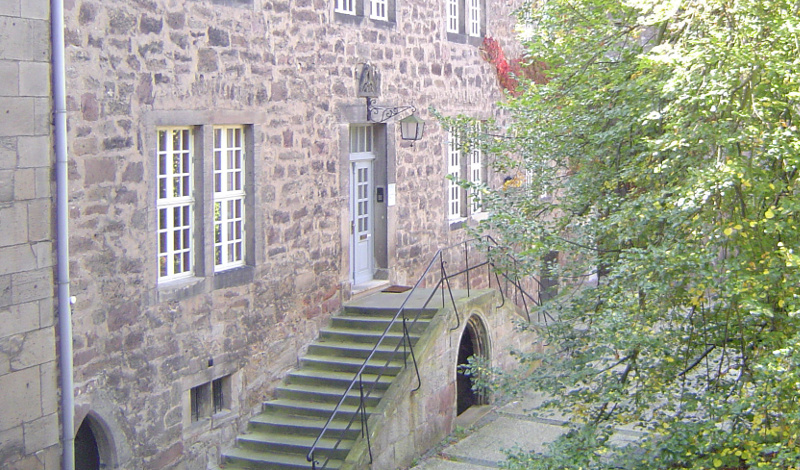





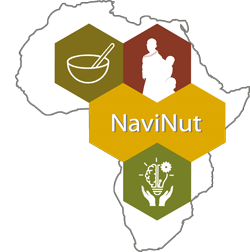 NaviNut
NaviNut